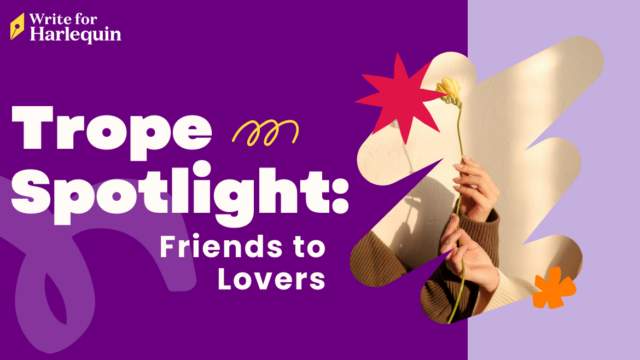How hard it is it to get that important first chapter just right? Yesterday’s Dear Editor post gave you the Sold Editors’ top tips, but recently, a group of Harlequin authors have also discussed that very question! And for everyone out there who finds first chapters the hardest words to write of all, you’re in good company. These authors’ answers prove that some things – like writing the first chapter – don’t always get easier with experience…!
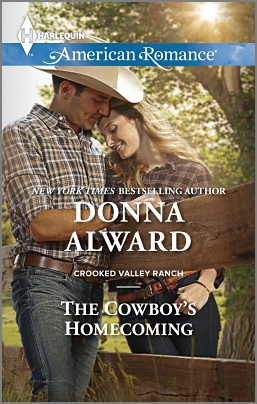 Donna Alward (Harlequin American)
Donna Alward (Harlequin American)
If I’m lucky, I get it right the first try. By right I mean…the setting, action and point of view are in the right places. Most of the time though, I start it in the wrong place; either too soon or too late, or in the wrong situation, or in the wrong point of view. I’m a pantser and not a plotter, so a lot of writing that first chapter is what we call “discovery”. I might have to hit the delete key, but I learn things about the character and story which I need to get it right so it’s not exactly time wasted. That being said, it’s not all that efficient and it can drive a writer bonkers wondering why this fabulous opening just isn’t working. And even when I get it right, the first three chapters are the ones which get edited the most. That first 10,000 words or thereabouts form the foundation for everything else.
 Kandy Shepherd (Harlequin Romance)
Kandy Shepherd (Harlequin Romance)
Until the first chapter is right, I can’t go forward with the rest of the book which can be very frustrating. I’m only too aware that the first page, first paragraph, even first sentence is what it takes to grab a reader’s attention. Consequently it can take me forever and a lot of angst to wrangle that first chapter into shape. That can involve changing the time and place the story starts, and the point of view (often several times). Once the first chapter is set, I can then write my synopsis and carry on with the rest of the story. After all that work on the first chapter, I rarely change it except for minor tweaking.
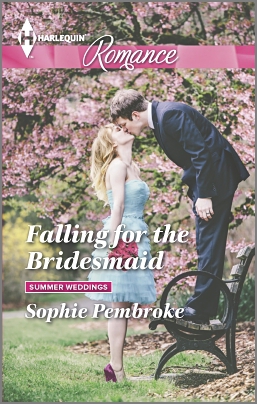 Sophie Pembroke
Sophie Pembroke
(Harlequin Romance)
My first chapters are definitely the ones I rewrite the most – just not all at once. I get the first chapter down knowing that every single time something changes in my story plan, or I come up with some new and cool detail to add in, (which happens in most of the subsequent chapters!) I’ll probably have to go back and tweak that first chapter again. It’s time consuming, but it’s the only way I can be sure that first chapter sets up the rest of the book the way it needs to!
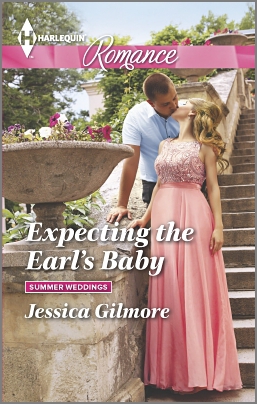 Jessica Gilmore
Jessica Gilmore
(Harlequin Romance)
In many ways I’m still figuring out my process but generally I spend a quarter of my entire allotted time for a book laboriously plodding through the first chapter – rewriting, tinkering, angsting and worrying over every single word until it’s overwritten, dry and dull and I panic that this is the book where I’ll fail. And then I grind out 2 more chapters. But after that I fly through the rest of the book! I then go back and usually rewrite the first chapter completely and extensively rewrite the next two, but just tweak the rest of the book. It’s a horrid process. And I’m a pantser – can you tell???
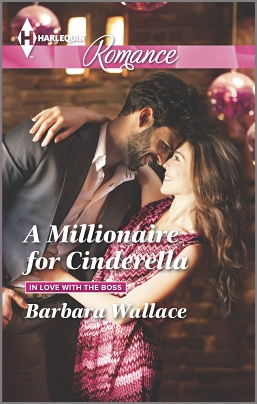 Barbara Wallace (Harlequin Romance)
Barbara Wallace (Harlequin Romance)
I don’t think I’ve written a book where the first chapter wasn’t drafted (and tossed) several times. (My personal record is six.) The tone has to be absolutely right for me to move forward. And even then, there’s a good chance I’ll draft it again after I’ve written the first 10,000 words and have truly gotten to know the characters. It’s a long, arduous process – but necessary, as so often, my characters don’t fully reveal themselves until I’ve played with them awhile.
Kate Hardy 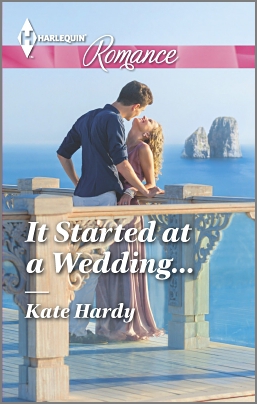 (Harlequin Medical and Romance)
(Harlequin Medical and Romance)
I’m a flexible planner, as in I plot my book out before I start rather than ‘writing into the mist’. But Chapter one gets the most rewriting. I write each chapter in ‘dirty draft’ (based on the outline), then each day I’ll clean up the previous day’s draft and put it into proper prose before carrying on with draft for the rest of the day. Partway through the book (usually around the quarter, half and three-quarter stage) I re-read what I’ve done and tinker a bit. And sometimes I’ll scrap the entire first chapter because I realise I’ve started in the wrong place. It’s not wasted work – it gives me a better idea of what makes the hero/heroine tick – but if it doesn’t grab me then I know my reader isn’t going to be immersed in my hero and heroine’s world from the get-go.
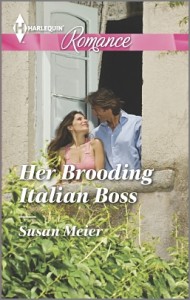 Susan Meier (Harlequin Romance)
Susan Meier (Harlequin Romance)
Chapter one has to do a lot of things. It starts with an inciting incident that has to introduce characters and their conflicts, even as it sets off a chain of events that becomes their journey. I rewrite chapter one until I get a chapter that doesn’t just do all those things; it does it in a way that interesting and compelling. Chapter one isn’t easy, but it’s the most important chapter of any book…so I don’t leave it until I love it. 🙂
 Michelle Douglas
Michelle Douglas
(Harlequin Romance)
The shape of my Chapter Ones very rarely change much. It’s usually the chapter that I have the clearest picture of in my mind. In terms of going back over it, adding what needs to be added, removing deadwood, and simply honing it for maximum impact, though, no other part of my book comes close to needing the same amount of work. That first chapter always needs a lot of polishing. I tend to like to write a fast first draft which helps me not get too hung up on details. I think it probably also helps that I fall more on the plotter side of the plotter-pantser scale. If I don’t do the initial plotting work…well, it all tends to go to hell in a hand basket.
Finally, for those few who are worried that they aren’t drafting their chapters enough, there is this:
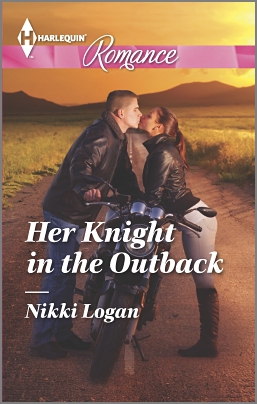 Nikki Logan (Harlequin KISS and Romance)
Nikki Logan (Harlequin KISS and Romance)
I LOVE the first chapter of a new work and it’s usually the clearest and most immediate for me–probably because I’m a pantser and all my subconscious percolating has gone into that first scene. So it’s tight. After that I’m a comparative shambles. Only once in twenty books have I had to drop a first chapter entirely and I still mourn that missing scene.
There it is – advice from the real experts 🙂


